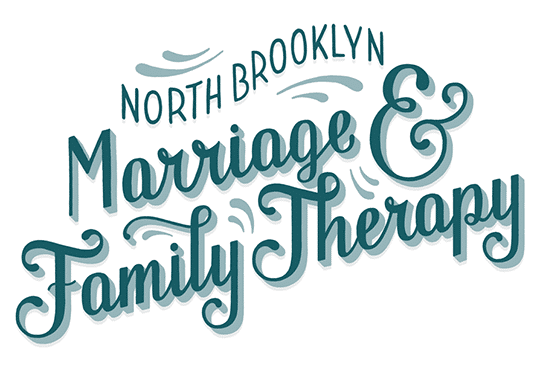Recognize the symptoms of depression.
Depression is a scary word for some people. For others, it’s ambiguous and they just don’t quite understand what it means. If you’ve ever been on the receiving end of someone telling you they think they’re experiencing depression, we hope that you engaged him or her with care, love and respect.
Because many people see depression as just a temporary feeling of sadness and not a chronic ailment, someone experiencing depression may not be taken seriously. If you’re someone who isn’t sure you’re depressed or know someone who may be, let us help you recognize some of the signs and symptoms of depression.
-
Trouble sleeping
Insomnia can often be a symptom of depression. According to Everyday Health, “Despite being slower in demeanor and motivation, depressed people often lie awake at night, unable to sleep, says Sarah Altman, PhD, a clinical psychologist in the department of psychiatry and behavioral health at The Ohio State University Wexner Medical Center in Columbus.” The inability to sleep, however, is not a key sign of depression. Some depressed people may find it difficult to get out of bed or become alert during the day.
-
Loss of interest in favorite activities
Participating in your favorite activity is one way to combat sadness or boredom. However, someone experiencing depression may find that his or her favorite hobbies or activities aren’t enough to help. He or she may even avoid the things he or she loved doing altogether. If you find you know someone who has suddenly stopped volunteering, though he or she loves to help people; or ignored exercising when he or she went every day, this could be a red flag.
-
Increase in energy
On the flipside, some depressed people who are at their wits end, and have made the decision to end their lives, may go from lackadaisical and slowed to more energetic. According to Everyday Health, “That’s because they feel a sense of relief in having come to a resolution.” Be aware in how you approach this person and the subject of depression with this person. You want to help the person, not solidify his or her reasons for ending his or her life.
-
Change in appetite
Overeating can be a common sign of depression, just as a lack of appetite can as well. In people with severe depression, he or she “may stop eating because he or she is no longer concerned with physical well-being,” says John Whyte, MD, MPH, a board-certified internist. This person may also stop taking care of him or herself and disregard personal hygiene. This is also cause for concern.
Depression therapy at North Brooklyn
At North Brooklyn Family and Marriage Therapy, we have the resources and the trained professionals ready to help you with any level of depression you or a loved one may be experiencing. Please contact us today and find out how you can begin to combat depression and take back control of your life.



